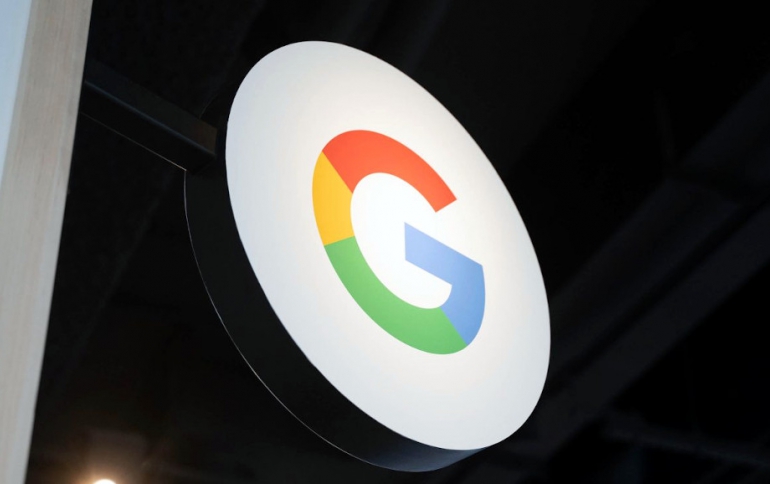
Google Suspends Paid Chrome Extensions; Short-Term Payday Lending Apps Still Available on Google Play
Google has suspended the publishing and updating of paid for extensions in the Chrome Web Store. Separately, the company seems to have not not managed to stop Android apps that offer short-term loans, as it announced last August.
Paid extensions
Google announced that all commercial, paid for, extensions have been temporarily suspended from being published or updated in the Chrome Web Store. A "significant increase in the number of fraudulent transactions involving paid Chrome extensions that aim to exploit users" has been cited as the reason.
When it comes to Chrome extensions, Google hasn't always enjoyed the best reputation for addressing security and privacy issues. Back in May 2019, Google announced new policies for Project Strobe to strengthen the third-party extension auditing process.
Now, Google decided to suspend all "paid items" from the Chrome Web Store to protect users from fraudulent transactions. Google Chrome extensions developer advocate Simeon Vincent confirmed that an upturn in such extension-driven transaction fraud occurred earlier this month. "Due to the scale of this abuse, we have temporarily disabled publishing paid items," Vincent wrote, adding that the temporary measure was being imposed to "stem this influx as we look for long-term solutions to address the broader pattern of abuse."
For users, the suspension means that any Chrome extension that is offered on a commercial basis will no longer be updated while the ban is in place. New commercial extensions will not be allowed to publish to the Chrome Web Store.
Currently, it is unclear as to how long this temporary ban will last.
Banning short-term payday lending apps
Google announced last August a global crackdown on Android apps that offer short-term loans, saying it wanted to protect consumers from what it called “deceptive and exploitative” terms.
The search giant also gave lenders one month to comply. In the U.S., it also set a maximum annual interest rate of 36%.
However, payday-style applications offering fast money are still available in many countries on Google Play, the company’s marketplace for Android apps.
Lending apps are particularly popular in developing nations such as Nigeria, India and Kenya, where millions of people don’t have bank accounts or credit cards but do have mobile phones.
Despite the ban on loans that have to be repaid in fewer than 61 days, many apps available through the Google Play store are offering shorter terms to Kenyans.
Dan Jackson, a Google spokesman said: “When violations are found, we take action,” he said in a statement. He wouldn’t say how many such actions have been taken.
Branch International Ltd., a San Francisco-based startup that’s a major Kenyan lender, said it was told it could comply by offering both a longer-term option and a shorter-term one for each loan. California-based lender with a large Kenyan business, Tala, has a similar policy that it says complies with Google’s rules.
Other financial technology companies appear to have dealt with the new policy by adding language to their Google Play descriptions stating that they offer loans two months or longer.




















